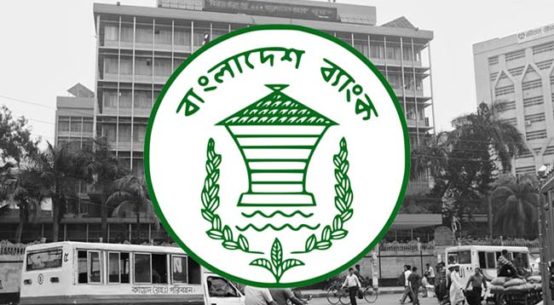
Professor Mustafizur Rahman, a distinguished fellow of the Centre for Policy Dialogue (CPD) said Bangladesh Bank (BB) could not function properly under the last government despite having sufficient legal authority.
He said this while speaking as the chief guest at the shadow parliament event organised by Debate for Democracy held at Dhaka’s FDC on Saturday.
“Fearing job loss, some officials accepted political influence, which was not desirable. Income inequality and unemployment in society make people angry, which we saw during the students’ movement,” he said.
“There is no reason for businesses to be concerned if authorities ask for financial details of industrialists. Action is being taken against corrupt individuals only rather than institutions,” Prof Mustafiz pointed out.
The multidimensional discrimination behind the recent student movement has acted as a ticking time bomb. Businessmen have nothing to worry about as some of the big industrial owners ask for accounting information, he said.
“A family system was established in the management of the bank. Money has been laundered from banks with political patronage in the past. The amount of defaulted loans has increased. To make the reforms that the interim government is doing in the banking sector and other sectors sustainable,” Prof Mustafiz pointed out.
To reap the benefits of the anti-discrimination student movement, young people must continue to be consciously responsible in the future, he said.
Chairman of Debate for Democracy Hasan Ahmed Chowdhury Kiran presided over the event. Before the start of the event, a 1-minute silence was observed for the souls of the students who died in the anti-discrimination movement.
Chairman Hasan Ahmed said, “We have seen that the previous government has destroyed the country’s economic system in the last one and a half decades. A reputed bank like Islami Bank was looted and ransacked.”
The news of mega corruption in the name of the mega project is now on everyone’s lips. Thousands of crores of taka have been laundered in the name of capacity charges by giving unethical benefits to certain individuals in the energy sector, he pointed out.

